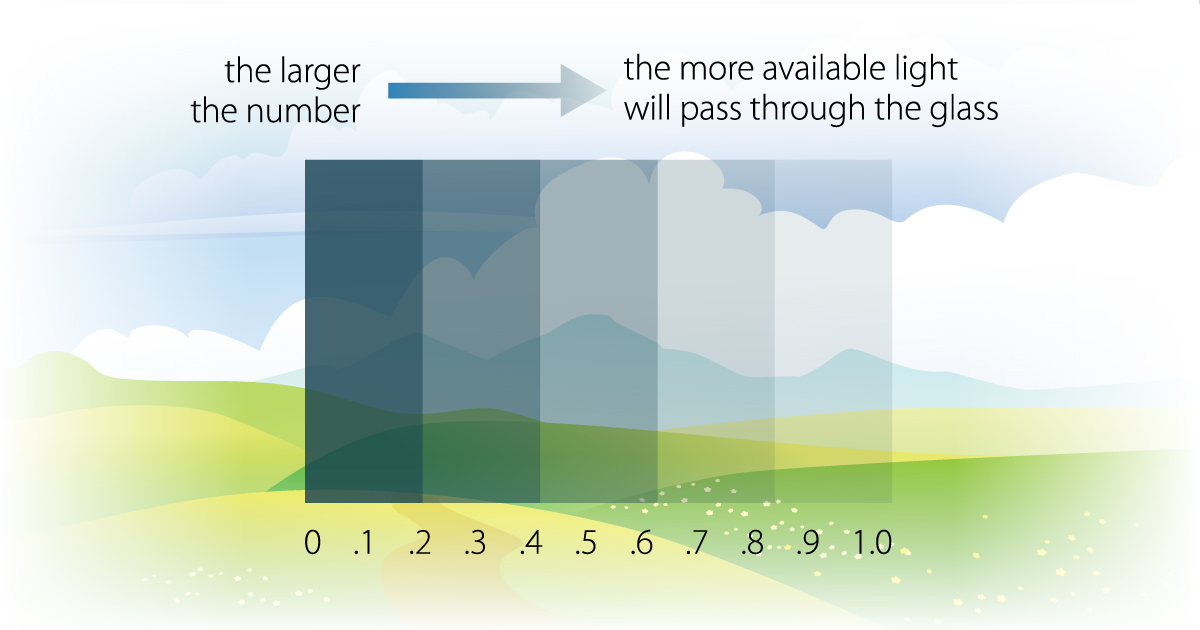Insights > Article > Posted: 2025-Mar-21, Updated: 2025-Mar-31
Performance Rating
R-value of Insulation
Measuring heat flow into or out of a house
Tired of high energy bills and uncomfortable home temperatures? The solution might be simpler than you think – just take a closer look at your windows! By understanding the R-value, you can choose windows with higher thermal resistance and better insulation properties, resulting in lower energy consumption and increased comfort.
We all know how important wall insulation is, but did you know that the same principle applies to windows? That’s where the R-value comes in. It measures thermal resistance, meaning windows with higher R-values can better resist heat transfer, keeping your home cosy in winter and cool in summer. If you're looking to improve your home’s energy efficiency, the R-value of your windows is a key factor to consider.
Whether you're an architect or a homeowner, knowing how to calculate the R-value can help simplify window specs and make it easier to meet building code standards.
How Is the R-value calculated?
The R-value is calculated from the U-value (the industry standard for Windows) by dividing the U-value into 1: R-value = 1 / U-value
Example: A U-value of 0.31 translates to an R-value of 3.23 (1 / 0.31 = 3.23).
The higher the R-value, the better the insulation. In winter, it keeps the heat in, and in summer, it keeps the heat out.
Why does a higher R-value matter?
Windows with higher R-values translate into:
- Lower energy consumption - Higher R-values mean less heat transfer between indoors and outdoors, so you’ll need less energy to heat or cool your home.
- Improved insulation - Better insulating properties make your home more comfortable, and less affected by external temperatures.
- Reduced solar heat gain - While the R-value focuses on heat transfer, it’s also important to consider the Solar Heat Gain Coefficient (SHGC), which measures how much solar heat enters your home. A lower SHGC can be especially useful in hot summers.
- Cost savings - Reduced energy consumption leads to significant savings on energy bills over time.
R-value and U-value: What’s the difference?
- R-value - Measures overall insulating value – the higher the R-value, the better the window’s insulation.
- U-value - Measures the amount of heat that escapes through a window – the lower the U-value, the better the insulation.
Ottawa's climate and window efficiency
Living in Ottawa means dealing with cold winters and hot, humid summers, so investing in energy-efficient windows is essential. Higher R-value windows can help you stay comfortable year-round while saving on energy costs.
Related articles
Need help choosing the right R-value?
If you’re unsure about which R-value is right for your home, don’t worry – your local window specialists can guide you. They’re experts at finding the perfect energy-efficient windows for your needs, maximizing your home’s comfort and energy savings. Say goodbye to confusing window specs and hello to better comfort and lower energy bills!
Efficient - INFOGRAPHIC
INFOGRAPHIC
Understanding Ratings
CDN Climate Zone
Comparing Products
Visual Transmittance (VT)
Solar Heat Gain (SHGC)
Energy Star (ER)
Air Leakage (AL)
R-value of Insulation
U-factor (U-Value)
Spectrally Selective Coatings
Low-E Coatings
Gas Between the Panes

